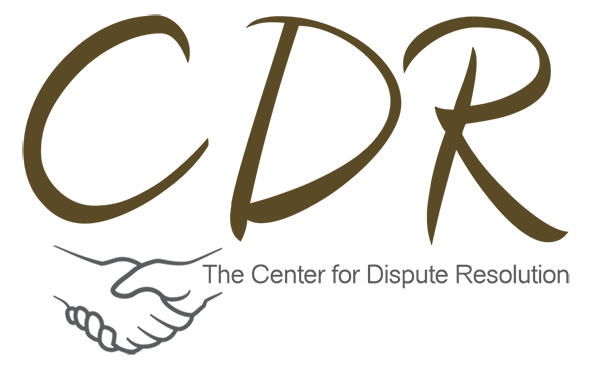
The Importance of Conflict Consultants in Hospitals
Conflicts within hospitals can arise due to various factors, including differences in opinion, power struggles, competing priorities, and limited resources. These conflicts have the potential to disrupt teamwork, compromise patient safety, and hinder the overall efficiency of healthcare delivery. Recognizing the detrimental effects of conflicts, hospitals are increasingly turning to conflict consultants for their expertise in managing and resolving these complex issues.
The Role of Conflict Consultants
Conflict consultants are trained professionals who specialize in conflict management and resolution. They possess in-depth knowledge of communication strategies, mediation techniques, and organizational dynamics. Their role within hospitals is to facilitate the resolution of conflicts by acting as neutral third parties, working closely with all involved parties to identify the underlying issues, explore potential solutions, and foster a constructive dialogue.
Creating a Positive Work Environment
One of the primary contributions of conflict consultants in hospitals is the creation of a positive work environment. By addressing conflicts promptly and effectively, these consultants help establish a culture of open communication, trust, and respect among healthcare professionals. This fosters a sense of psychological safety, where individuals feel comfortable expressing their concerns and ideas, leading to increased employee satisfaction and reduced turnover rates.
Facilitating Effective Communication
Effective communication is essential for smooth healthcare operations. Conflict consultants play a crucial role in facilitating effective communication among healthcare teams. They help individuals overcome barriers to communication, such as misunderstandings, differences in communication styles, and cultural or hierarchical challenges. Through active listening, unbiased mediation, and constructive feedback, conflict consultants promote clear and efficient communication, enabling better collaboration and coordination among healthcare professionals.
Enhancing Team Collaboration
Conflict consultants also contribute to enhancing team collaboration within hospitals. They facilitate team-building exercises, workshops, and training sessions that promote collaborative problem-solving and decision-making. By improving relationships and fostering a sense of shared purpose, conflict consultants strengthen teamwork, leading to more efficient and patient-centered care delivery.
Resolving Interpersonal Conflicts
Interpersonal conflicts between healthcare professionals can have a significant impact on patient care. Conflict consultants provide a structured framework for resolving such conflicts, helping individuals involved to express their concerns, identify common goals, and find mutually acceptable resolutions. By addressing interpersonal conflicts promptly, conflict consultants help create a harmonious work environment that is conducive to effective healthcare delivery.
Improving Patient Outcomes
The presence of conflicts in hospitals can directly affect patient outcomes. Conflict consultants play a crucial role in improving patient outcomes by promoting effective conflict resolution within healthcare settings. When conflicts are addressed and resolved, healthcare professionals can focus on providing high-quality patient care without the distractions and tensions caused by unresolved conflicts. Improved teamwork, communication, and collaboration resulting from conflict resolution contribute to enhanced care coordination, reduced medical errors, and increased patient satisfaction.
Mitigating Legal and Financial Risks
Unresolved conflicts within hospitals can lead to legal and financial risks. Disputes between healthcare professionals, conflicts over patient care decisions, or breakdowns in communication can escalate and result in litigation or financial losses for the hospital. Conflict consultants help hospitals mitigate these risks by addressing conflicts in a timely and effective manner. Through mediation, negotiation, and conflict resolution strategies, consultants help prevent conflicts from escalating to costly legal or financial disputes.
Providing Mediation and Facilitation Services
Conflict consultants excel in providing mediation and facilitation services within hospitals. Mediation involves the impartial intervention of a conflict consultant to help parties in conflict reach a mutually acceptable resolution. Facilitation focuses on guiding larger groups or teams through productive discussions and decision-making processes. These services enable healthcare professionals to express their concerns, explore different perspectives, and work towards collaborative solutions in a structured and supportive environment.
Conclusion
Conflict consultants play a vital role in hospitals by effectively managing and resolving conflicts. Their expertise in conflict resolution, facilitation, and mediation helps create a positive work environment, improves communication, enhances teamwork, and ultimately leads to better patient outcomes. By addressing conflicts promptly and providing strategies for resolution, conflict consultants contribute to the overall success of healthcare organizations in delivering high-quality care.
✅ Resolve disputes effortlessly. ✅ Build stronger relationships. ✅ Subscribe FREE now!
Don't miss out! Join us today. 🚀


Comments are closed